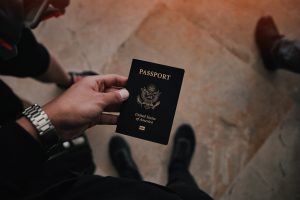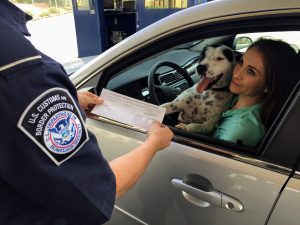An E-1 Treaty Trader Visa is essentially a visa designated for foreign nationals who wish to enter the country to conduct matters related to foreign trade. The trader must be a member of a nation in which the United States has a treaty agreement for trade and commerce. Qualifying countries can be found here.
Eligibility
Not just anyone can obtain an E-1 Visa. One must be a national of a country with which the United States maintains a treaty of commerce and navigation; carry on substantial trade; and carry on principal trade between the United States and the treaty country which qualified the treaty trader for E-1 classification.
The individual must be a high ranking individual in the company (a director, manager, etc.) or own more than half the company.
With an E-1 Visa, the individual is normally admitted the US for two years and may extend E-1 status in two year intervals. As long as the individual is in the same standing as they were when they first received the visa, they can continue their visa for as long as they need.
The E-1 visa holder’s immediate family is permitted to travel and stay with them, as well. They each will receive their E-1 (dependent) Visas in connection with the main trader. In fact, the spouse of an E-1 Visa holder is eligible to obtain employment authorization to work in the United States. However, the primary E-1 visa holder may only work for the E-1 enterprise.
As for travel, there are no restrictions for an E-1 Visa holder and their immediate family. They are permitted to travel within and outside the country as they please as long as the E-1 visas in their passports are valid.
The main difference between E-1 and E-2 Visas is that an E-1 Visa is for a foreign trader that is doing business on behalf of a foreign company. The E-2 Visa is for a foreign investor who is looking into investing into United States companies and wishes to take steps to investigate and move forward with the investment. To learn more about the E-2 Treaty Investor visa, be sure to check out our previous blog on the subject (LINK to May 2016 1 of 1).
If you believe you may be eligible for an E-1 Treaty Trader Visa, please contact the business immigration attorneys at the law office of Saleh & Associates today and let us guide you throughout the process to help ensure legal compliance.







